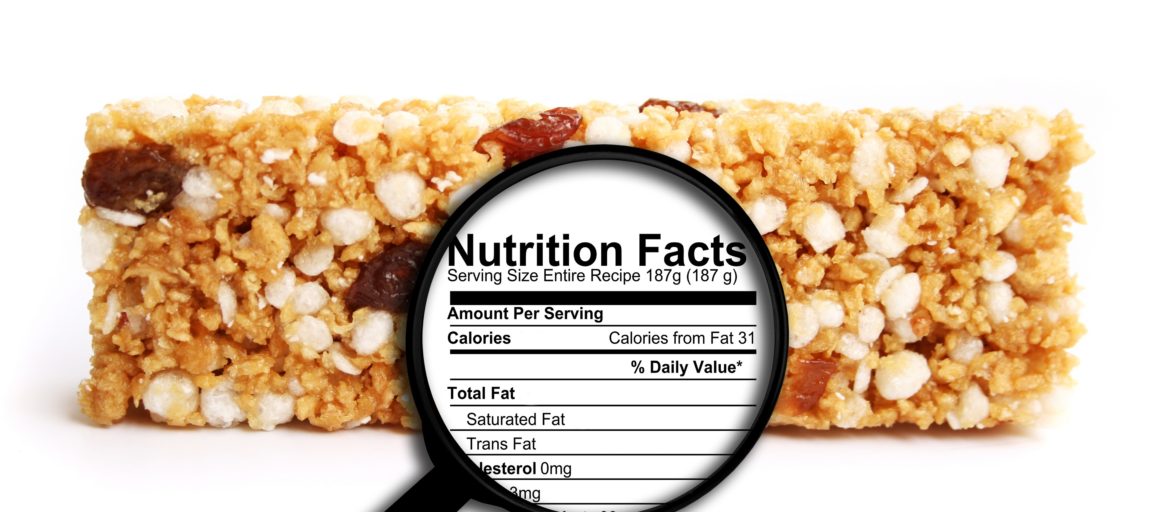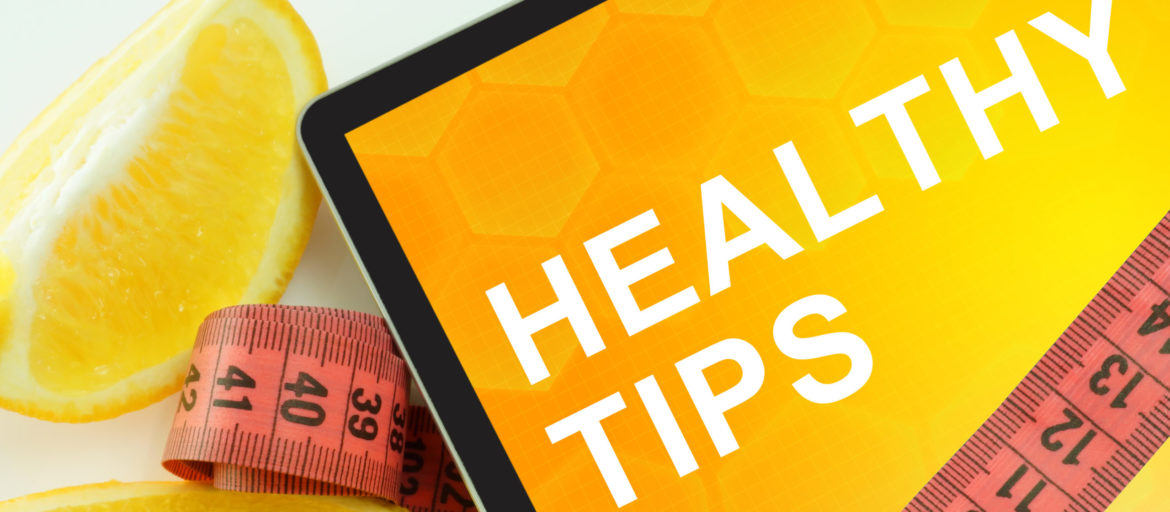Fall and summer bring warmer weather, blooming flowers, and, for eight percent of Americans, seasonal allergies. While seasonal allergies can cause a range of symptoms including sneezing, a runny or stuffy nose, ear congestion, and headaches, today we’re going to be focusing on how seasonal allergies can affect your eyes.
What are seasonal allergies?
Also known as hay fever, seasonal allergies occur when your immune system overreacts to an outdoor allergen, such as pollen from trees, grasses, and weeds. An allergic reaction can occur when an allergen comes into contact with antibodies attached to the mast cells in your eyes. The cells respond by releasing histamine and other chemicals that cause tiny blood vessels to leak.
Seasonal allergies are less common during the winter, but it’s possible to experience them year-round, as different plants emit their pollens at different times of the year.
What are the symptoms of seasonal eye allergies?
In response to allergens, you may notice the following symptoms in your eyes:
- Itching
- Redness
- Burning
- Clear, watery discharge
While most people experience mild or moderate versions of the above symptoms, inflammation can be severe enough to temporarily blur vision in some people. Additionally, eye symptoms typically co-occur with other symptoms such as a runny nose or sneezing.
The importance of visiting a doctor
While the symptoms of eye allergies can be bothersome and uncomfortable, they are not life-threatening or contagious. The symptoms of seasonal eye allergies can, however, mimic the symptoms of other eye conditions that can pose a threat to your eye health. That’s why it’s important to visit an eye doctor who can evaluate your symptoms and make an accurate diagnosis.
How to reduce eye allergies during the summer and fall
The best treatment is prevention. While you might not be able to eliminate eye allergies completely, there are several things you can do to reduce the effects of pollen.
- Reduce exposure: Try to stay inside as much as possible on pollen-heavy days. The American Academy of Allergy, Asthma & Immunology and Pollen.com offer interactive maps that let you check out current pollen levels in your area.
- Wear sunglasses: Wearing sunglasses while outdoors will help keep pollen particles out of your eyes, especially on windy days.
- Keep your windows closed: On pollen-heavy days, keep your windows shut to reduce the number of pollen particles entering your house.
- Wash your face and eyelids daily: Pollen tends to stick to your eyelashes, creating irritation. To prevent this, use a mild face soap to wash your face and eye area in the morning and right before bed.
How are seasonal eye allergies treated?
If your symptoms are still bothersome after applying the above tips, you can try using over-the-counter medications, prescription medications, or a combination of the two. Non-prescription treatments include artificial tears, decongestant eye drops, and oral antihistamines. If those don’t do the trick, your eye doctor may prescribe a short course of corticosteroid eye drops.
To be evaluated for eye allergies or to learn more about how to resolve your symptoms, contact Dr. Michael Lange at Lange Eye Institute today.





